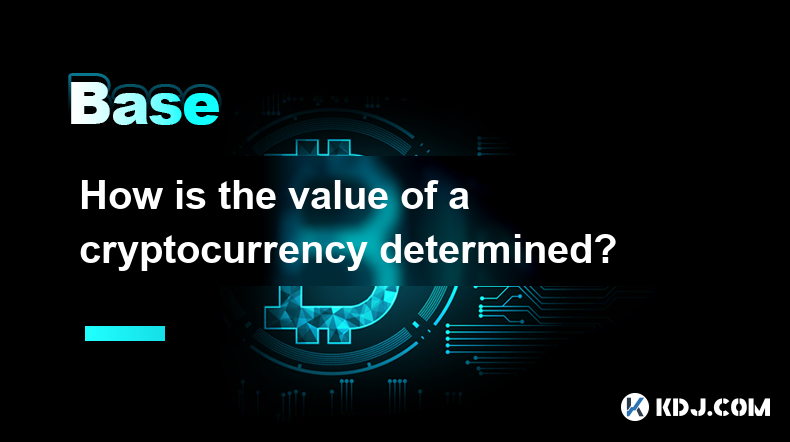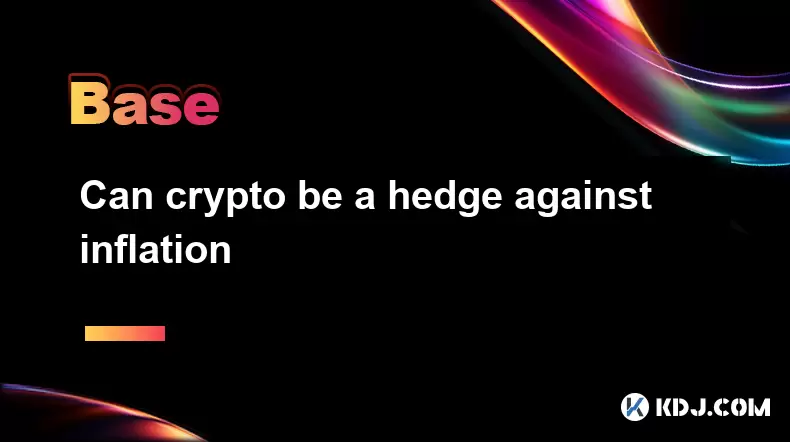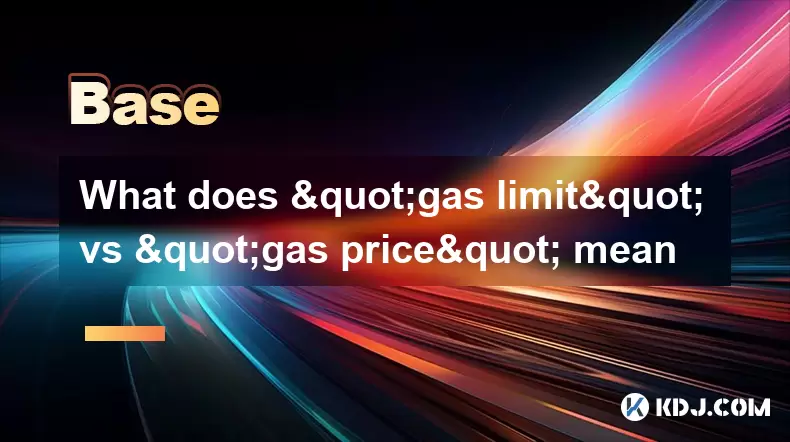-
 Bitcoin
Bitcoin $118,698.3676
0.16% -
 Ethereum
Ethereum $3,428.4877
5.97% -
 XRP
XRP $3.2496
9.52% -
 Tether USDt
Tether USDt $1.0002
0.00% -
 BNB
BNB $725.6930
4.36% -
 Solana
Solana $174.8923
4.52% -
 USDC
USDC $0.9997
-0.02% -
 Dogecoin
Dogecoin $0.2139
6.02% -
 TRON
TRON $0.3155
4.62% -
 Cardano
Cardano $0.8045
7.12% -
 Hyperliquid
Hyperliquid $46.6582
-1.72% -
 Stellar
Stellar $0.4676
0.80% -
 Sui
Sui $4.0143
0.38% -
 Chainlink
Chainlink $17.1546
2.97% -
 Hedera
Hedera $0.2458
3.27% -
 Bitcoin Cash
Bitcoin Cash $496.5967
-0.06% -
 Avalanche
Avalanche $22.8813
3.13% -
 Shiba Inu
Shiba Inu $0.0...01439
3.42% -
 UNUS SED LEO
UNUS SED LEO $8.8389
0.42% -
 Toncoin
Toncoin $3.2113
2.82% -
 Litecoin
Litecoin $101.2646
4.24% -
 Polkadot
Polkadot $4.2262
2.32% -
 Monero
Monero $340.4295
2.92% -
 Pepe
Pepe $0.0...01365
2.92% -
 Uniswap
Uniswap $8.9702
-2.78% -
 Bitget Token
Bitget Token $4.7675
2.00% -
 Dai
Dai $0.9998
-0.02% -
 Ethena USDe
Ethena USDe $1.0003
-0.04% -
 Aave
Aave $324.6394
-2.11% -
 Bittensor
Bittensor $433.6051
-0.88%
How is the value of a cryptocurrency determined?
Cryptocurrency value hinges on supply/demand, market sentiment, and adoption, influenced by technology, regulation, and speculation; intrinsic value remains debated, making the market highly volatile.
Mar 13, 2025 at 09:30 pm

Key Points:
- Cryptocurrency value isn't tied to a physical asset like gold, but rather to supply and demand, market sentiment, and adoption.
- Network effects, technological advancements, and regulatory developments significantly influence a cryptocurrency's price.
- Speculation and trading activity play a substantial role in price volatility.
- Intrinsic value is debatable, with some arguing it's based on utility and others on network effects.
- Understanding these factors is crucial for navigating the volatile cryptocurrency market.
How is the Value of a Cryptocurrency Determined?
Unlike traditional currencies backed by governments or physical commodities, the value of a cryptocurrency is a complex interplay of several factors. There's no single, definitive answer, and the price is constantly fluctuating. One key aspect is the basic principle of supply and demand. If demand for a particular cryptocurrency surges, its price will generally rise, and vice versa. This dynamic is influenced by a number of other elements.
Market sentiment plays a crucial role. Positive news, such as increased adoption by businesses or positive regulatory developments, can boost investor confidence and drive up prices. Conversely, negative news or regulatory uncertainty can lead to price drops. This emotional element is a significant driver of volatility in the crypto market.
The underlying technology and its potential applications are also important factors. Cryptocurrencies offering innovative features or solving real-world problems tend to attract more users and investors, thus increasing their value. For instance, a cryptocurrency with superior scalability or enhanced security might see increased demand.
Network effects significantly contribute to a cryptocurrency's value. A larger network with more users and transactions generally enhances the cryptocurrency's utility and security, making it more attractive and valuable. The more widely accepted a cryptocurrency is, the more valuable it tends to become.
Speculation and trading activity are undeniable influences on cryptocurrency prices. The actions of individual and institutional investors, driven by predictions and market trends, can cause significant price swings in short periods. High trading volume often reflects heightened interest and can contribute to both price increases and decreases.
The concept of intrinsic value in cryptocurrencies is a subject of ongoing debate. Some argue that a cryptocurrency's intrinsic value stems from its utility – its ability to facilitate transactions or provide other valuable services. Others believe that network effects are the primary determinant of intrinsic value, with a larger, more robust network inherently possessing greater worth.
Regulatory developments significantly impact cryptocurrency values. Favorable regulations can boost investor confidence and attract institutional investment, while unfavorable regulations can lead to price declines. The legal landscape surrounding cryptocurrencies is constantly evolving, making it a critical factor to consider.
Mining and block rewards also play a role, particularly in proof-of-work cryptocurrencies. The reward mechanism for miners influences the rate at which new coins are introduced into circulation. Changes in the reward structure can affect supply and thus influence the price.
The overall macroeconomic environment also has an impact. Factors like inflation, interest rates, and economic growth can affect investor sentiment towards riskier assets, including cryptocurrencies. During periods of economic uncertainty, investors may flock to safe-haven assets, causing cryptocurrency prices to fall.
Finally, technological advancements within the cryptocurrency space can also impact value. Upgrades to the underlying blockchain technology, the implementation of new features, or the development of innovative applications can influence a cryptocurrency's attractiveness and, subsequently, its price.
Frequently Asked Questions:
Q: Is the value of a cryptocurrency solely determined by supply and demand?
A: While supply and demand are crucial, they are influenced by many other factors such as market sentiment, technology, regulation, and speculation. It's not a simple equation.
Q: How can I predict the future value of a cryptocurrency?
A: Predicting the future value of any cryptocurrency is extremely difficult and risky. The market is highly volatile and influenced by many unpredictable factors. No one can reliably predict future price movements.
Q: What is the role of speculation in cryptocurrency pricing?
A: Speculation plays a significant role, often driving short-term price volatility. Investors betting on future price increases or decreases can dramatically influence market movements.
Q: Do all cryptocurrencies have intrinsic value?
A: The concept of intrinsic value in cryptocurrencies is debated. Some argue it's derived from utility or network effects, while others believe it's purely speculative.
Q: How do regulatory changes affect cryptocurrency prices?
A: Regulatory changes can significantly impact cryptocurrency prices. Positive regulations generally boost investor confidence and prices, while negative regulations can lead to price drops.
Q: Is it possible to lose all my investment in cryptocurrency?
A: Yes, investing in cryptocurrencies carries a high degree of risk. Prices can fluctuate dramatically, and it's possible to lose all or part of your investment. Always invest responsibly and only what you can afford to lose.
Q: What factors determine the value of Bitcoin specifically?
A: Bitcoin's value is determined by the same factors affecting other cryptocurrencies – supply and demand, market sentiment, technological advancements, regulation, and speculation. However, its first-mover advantage and established network give it a unique position in the market.
Disclaimer:info@kdj.com
The information provided is not trading advice. kdj.com does not assume any responsibility for any investments made based on the information provided in this article. Cryptocurrencies are highly volatile and it is highly recommended that you invest with caution after thorough research!
If you believe that the content used on this website infringes your copyright, please contact us immediately (info@kdj.com) and we will delete it promptly.
- Shiba Inu, AI Tokens, and the Meme Coin Mania: What's Next?
- 2025-07-18 03:50:12
- XRP's Wild Ride: Chasing ATHs and Cloud Mining Dreams in the Crypto Jungle
- 2025-07-18 02:30:13
- MoonBull, Crypto Gains, and MEW Volume: What's Buzzing in the Meme Coin World?
- 2025-07-18 02:35:12
- Crypto Market, Bull Market, and Policy: Navigating Trump's 'Crypto Week' Rollercoaster
- 2025-07-18 01:50:12
- Winning Design: Nine-Year-Old's Art Becomes a Chocolate Coin!
- 2025-07-18 01:10:12
- Penguin Power, BlockDAG Boldness, and Uniswap's Upswing: Decoding Crypto's Latest Moves
- 2025-07-18 01:50:12
Related knowledge

What is the Bitcoin dominance index
Jul 12,2025 at 10:35pm
Understanding the Bitcoin Dominance IndexThe Bitcoin Dominance Index, often abbreviated as BTC.D, is a metric used to measure Bitcoin's market capital...

What is the Bitcoin dominance index
Jul 11,2025 at 04:29am
What is the Bitcoin Dominance Index?The Bitcoin Dominance Index is a metric used to gauge Bitcoin's market capitalization relative to the total market...

Can crypto be a hedge against inflation
Jul 14,2025 at 12:21am
Understanding the Concept of Hedging Against InflationInflation refers to the general increase in prices and fall in the purchasing value of money ove...

Can crypto be a hedge against inflation
Jul 12,2025 at 12:07pm
Understanding the Role of Blockchain in Decentralized Finance (DeFi)Blockchain technology serves as the backbone of decentralized finance, offering a ...

What are account abstraction wallets
Jul 13,2025 at 01:43am
Understanding the Concept of Account AbstractionAccount abstraction is a term frequently used in the Ethereum ecosystem, particularly within discussio...

What does "gas limit" vs "gas price" mean
Jul 13,2025 at 04:00am
Understanding the Basics of Gas in Blockchain TransactionsIn the Ethereum and other EVM-compatible blockchains, every transaction requires computation...

What is the Bitcoin dominance index
Jul 12,2025 at 10:35pm
Understanding the Bitcoin Dominance IndexThe Bitcoin Dominance Index, often abbreviated as BTC.D, is a metric used to measure Bitcoin's market capital...

What is the Bitcoin dominance index
Jul 11,2025 at 04:29am
What is the Bitcoin Dominance Index?The Bitcoin Dominance Index is a metric used to gauge Bitcoin's market capitalization relative to the total market...

Can crypto be a hedge against inflation
Jul 14,2025 at 12:21am
Understanding the Concept of Hedging Against InflationInflation refers to the general increase in prices and fall in the purchasing value of money ove...

Can crypto be a hedge against inflation
Jul 12,2025 at 12:07pm
Understanding the Role of Blockchain in Decentralized Finance (DeFi)Blockchain technology serves as the backbone of decentralized finance, offering a ...

What are account abstraction wallets
Jul 13,2025 at 01:43am
Understanding the Concept of Account AbstractionAccount abstraction is a term frequently used in the Ethereum ecosystem, particularly within discussio...

What does "gas limit" vs "gas price" mean
Jul 13,2025 at 04:00am
Understanding the Basics of Gas in Blockchain TransactionsIn the Ethereum and other EVM-compatible blockchains, every transaction requires computation...
See all articles

























































































